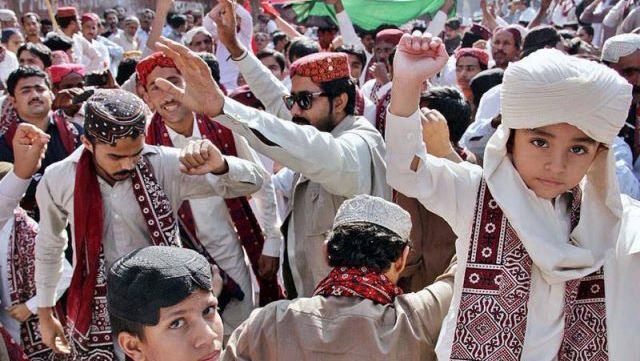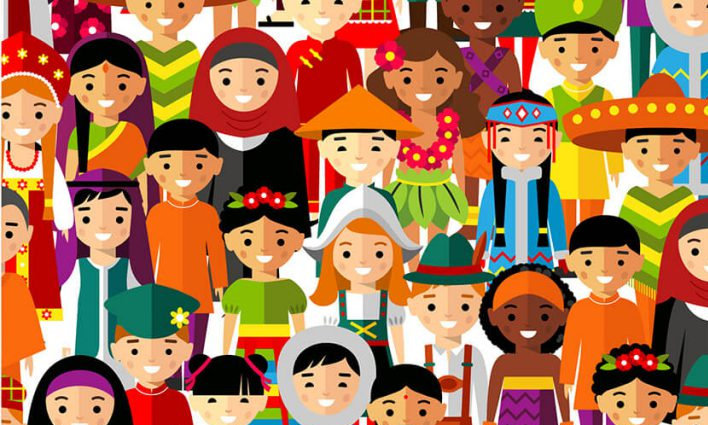
Understanding the relationship between language and identity can help us appreciate the diversity of human experience, foster greater understanding and respect for diverse cultures and traditions
SHOUKAT LOHAR
Language and identity are inextricably linked, as the language we speak often plays a significant role in shaping our sense of self and our cultural identity. Our language not only enables us to communicate with others, but it also reflects our beliefs, values, and cultural heritage.
Language is an essential component of our identity, as it reflects our cultural background, personal history, and social status. Our language is often the primary means through which we express ourselves, and it shapes our worldview and how we perceive ourselves and others. Our language helps us communicate our thoughts and feelings and allows us to connect with others who share our cultural background and experiences.
Language also plays a significant role in shaping our cultural identity. Our language is often tied to our cultural heritage, traditions, and history. For example, the French language is closely associated with French culture, cuisine, and history. Similarly, the Spanish language is closely tied to Spanish culture, music, and art. Our language helps us connect with our cultural heritage and reinforces our sense of belonging.
Language also reflects our social identity, as it can be a marker of social status, education, and profession. For example, the use of formal language can be an indicator of education and professionalism, while the use of slang or dialect can highlight regional or social affiliations.
 The language that we use can signal our place in society and how we are perceived by others.
The language that we use can signal our place in society and how we are perceived by others.
Language and identity are also influenced by social and political factors. In some cases, language can be a tool of oppression, used to marginalize minority groups and suppress their cultural identity. For example, during the colonial period, European powers imposed their languages on colonized peoples, often resulting in the erosion of local languages and cultural traditions. In other cases, language can be used as a tool of empowerment, helping marginalized groups reclaim their cultural identity and resist assimilation.
The relationship between language and identity is also complex and multifaceted, as language can both reflect and shape our identity. Our language can reflect our cultural background and personal history, but it can also shape how we perceive ourselves and how others perceive us. For example, speaking a language that is associated with a particular culture can reinforce a sense of belonging to that culture, while speaking a language that is not associated with a particular culture can lead to a sense of cultural dislocation.
Last words
Language and identity are closely intertwined, as our language reflects our cultural heritage, personal history, and social identity. Our language shapes how we perceive ourselves and how others perceive us, and it can be used as a tool of empowerment or oppression. Understanding the complex relationship between language and identity can help us appreciate the diversity of human experience and foster greater understanding and respect for diverse cultures and traditions.
____________
 Shoukat Lohar is Assistant professor in English at Mehran University of Engineering and Technology Jamshoro. He can be reached at Shoukat.ali@faculty.muet.edu.pk
Shoukat Lohar is Assistant professor in English at Mehran University of Engineering and Technology Jamshoro. He can be reached at Shoukat.ali@faculty.muet.edu.pk